In 2023, VAHDAM India, a top worldwide wellness company famous for its premium, organic teas and spices from India, will launch. This new line of iced teas is made with just real tea and is offered in two practical formats: quick premix and pitcher tea bags.
The business will concentrate on obtaining organic tea from Bhutan utilising sustainable farming practises in 2023, avoiding the use of synthetic chemicals. Customers of From Bhutan can choose from a variety of teas that can be consumed for recreational, nutritional, or therapeutic reasons. Soothing Sleep, the Cordyceps (Caterpillar) Tea, Hippy Happy, the Sea Berry (Sea Buckthorn) Tea, and Gut Goodness Tea are the brand's newest additions to the beverage menu.
Herbal iced tea company Hrbvor recently introduced a line of still and sparkling teas in 2022 after giving consumers a sneak peek at the new items during an industry gathering. Hrbvor targets wellness-conscious families looking for healthier beverage options with their assortment of 'artfully infused' organic herbs in unique blends with useful properties.
Bigelow Tea is pleased to announce the addition of three new flavours to its enduringly popular Bigelow Signature Line of teas in 2023. With Peak EnergyTM Black Tea with extra L-Theanine and Caffeine, Whispering WildflowersTM Herbal Tea Market with L-Theanine, and Ginger Honey Herbal Tea Market with Zinc, Bigelow Tea, the market leader in the country and producer of over two billion tea bags each year, continues to revolutionise the tea business. Each blend offers exceptional flavour while containing ingredients and nutrients.
In April 2022 Unilever bought Pukka Herbs Ltd., which is a famous detoxifying green tea company. This would allow Unilever to increase their range of organic and natural products.
In March 2022, Tata Global beverages launched a new brand of herbal Teas called “Teavana Wellness Teas,” which is a move towards globalizing the world of herbal tea.
In July 2021, a private equity firm Zetland Capital purchased Typhoo Tea Ltd.
Herbal Tea Market Key Market Players & Competitive Insights
Major market players are investing a lot of money in R&D to increase their product lines, which will help the market grow even more. Market participants are also taking various strategic initiatives to expand their worldwide footprint, with key market developments such as new product launches, mergers and acquisitions, contractual agreements, increased investments, and collaboration with other enterprises. Competitors in the herbal tea industry must offer cost-effective items to enhance and survive in an increasingly competitive and growing market environment.
One of the primary business strategies manufacturers adopt in the market to benefit clients and expand the market sector is manufacturing locally to reduce operating costs. The herbal tea industry has provided medicine with some of the most significant benefits in recent years. The herbal tea market major player such as Tata Consumer Product Limited (India), Unilever (UK), Associated British Foods plc (UK), Vahdam (India) and others are working on expanding the market demand by investing in research and development activities.
Typhoo, a major British tea brand, is investing in researching and developing innovative tea variants that fit modern consumer demands for natural, herbal, and clean-label products. For instance, in March 2020, the company expanded its organic herbal tea portfolio by adding three new variants, purifying super green, digestive power seeds, and immunity-boosting three teas.
Also, Hybrid Green Tea came into existence in 2020, intending to ensure the spread of 'The Habit of Good Health.' The word ‘Hybrid’ signifies that the company has arrived at a composition of herbs that offers maximum benefits to the body while creating a tasty drink at the same time. In October 2023, Hybrid Green Tea introduced A- Grade herbal tea to improve lifestyle. They've devised tea mixes that assist in staying in shape at all times, ensuring that all products are dependable, hygienic, and secure.
For instance, in June 2022, Clipper Tea Company based in the United Kingdom, expanded its product range in the United States with some new packaging as well as flavors. Amongst the newly added flavors are organic Earl Grey black tea, organic orange & turmeric herbal tea, organic green tea & lemon, organic winter apple and cinnamon herbal tea, as well as organic winter berries herbal teas.
In May 2022, Organic India introduced new types of herbal tea, such as Tulsi Detox Kahwa, along with infusions like Peppermint Refresh, Moringa hibiscus, and Simply Chamomile to adapt to changing consumer preferences towards healthy alternatives post-COVID-19 pandemic.
Key Companies in the Herbal Tea Market include
- Tata Consumer Product Limited (India)
- Unilever (UK)
- Associated British Foods plc (UK)
- Vahdam (India)
- Celestial Seasonings,(US)
- Bombay Burmah Trading Corporation Limited (India)
- Stash Tea (US)
- Bigelow Tea (US)
- Shangri-la Tea (US)
- Yogi (US)
- Republic of Tea (US)
- Mighty Leaf Tea (Canada)
- Numi, Inc. P.B.C (US)
- ONO TEAS Pvt. Ltd, (India)
- Dilmah Ceylon Tea Company PLC (Sri Lanka)
- Apeejay Surrendra Group (India), among others
Herbal Tea Industry Developments
Traditional Medicinal released a new Canadian tea blend called organic ginger lemon tea in June 2023 to expand their range of high-quality herbal teas.
June 2023: Bigelow Botanicals Cold Water Infusion is introducing two exciting new flavors that are light and refreshing: Botanicals Blood Orange Tangerine Cold Water Infusion and Botanicals Pineapple Coconut Mango Cold Water Infusion.
Dabur in November 2022, made public Dabur Vedic Tea, black tea comprising 30+ ayurvedic herbs for heart health benefits and immunity boosting. The product has Tulsi, Ginger, Cardamom etc.
September 2022: TH Group, a Vietnamese dairy producer, introduced the product line of herbal tea. Materials for making these products are jiaogulan, lingzhi, adenoma cordifolium, chrysanthemum, perilla, ginger, passion flower and lotus embryos grown in the forest buffer zones of Ky Son district, Muong Long area or central Nghe An province.
June 2022: The Hain Celestial Group, Inc. has joined the How2Recycle® label program. How2Recycle is a US and Canada-based standardized labeling system that enables companies to communicate how to recycle a package, improving the reliability, completeness, and transparency of recyclability claims.
July 2022: Opteamal, a health-focused tea company, opened a new online store offering organic, natural teas designed to improve health, weight loss, and wellness. In addition to dietary supplements and weight loss products, Opteamal also offers products for overall wellness. Even new tea drinkers can ease into the daunting prospect of starting a new health and wellness regime with these six flavors: cherry, hibiscus, golden milk, orange detox, tropical turmeric, and chamomile lavender.
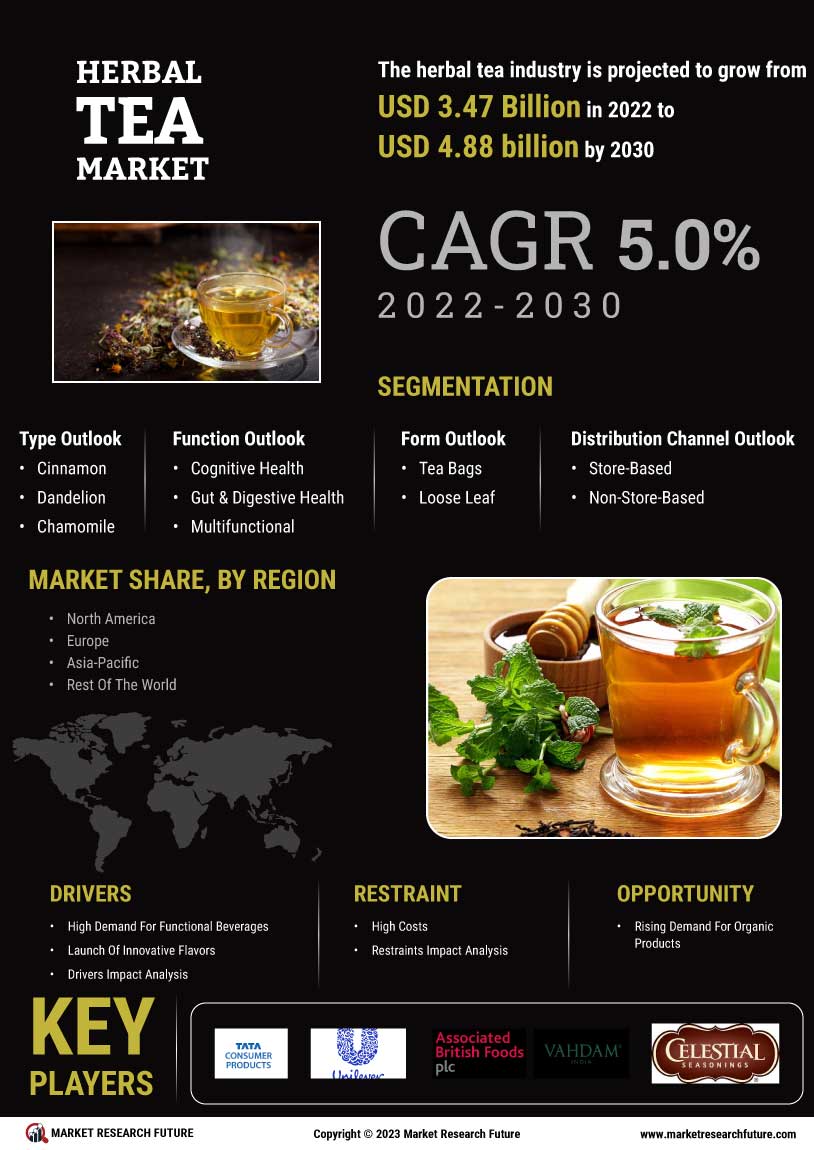

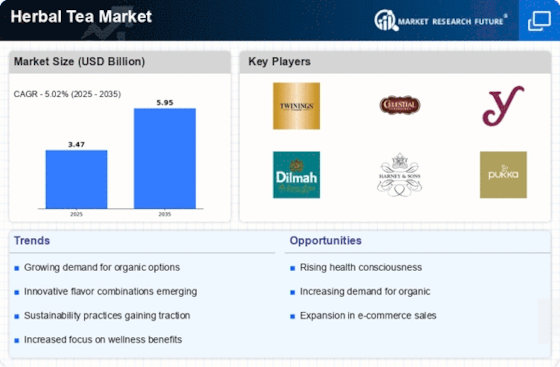
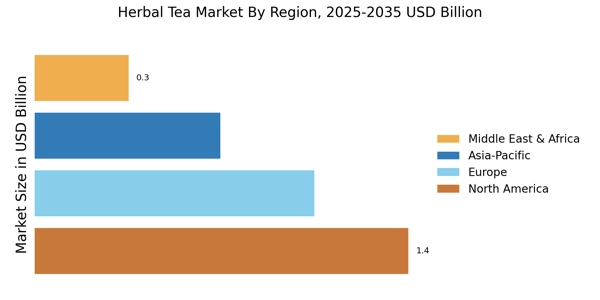
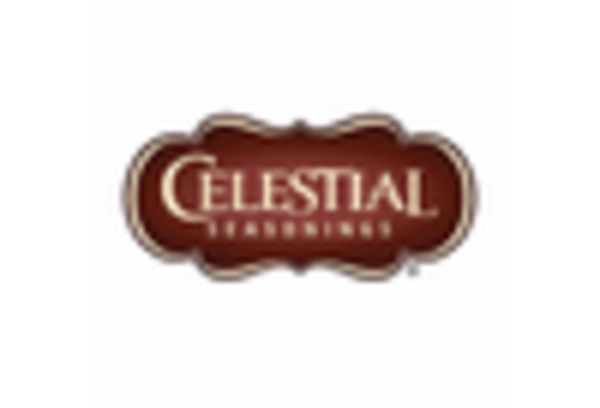
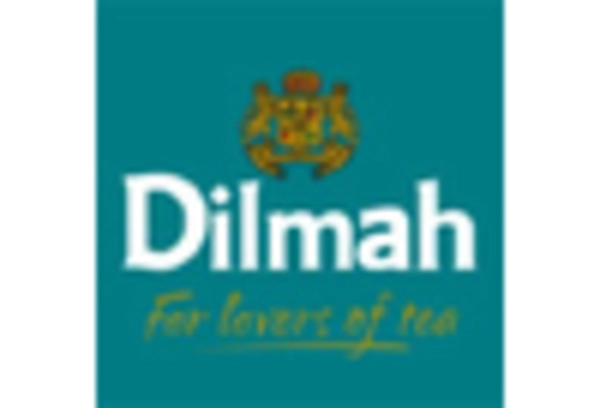
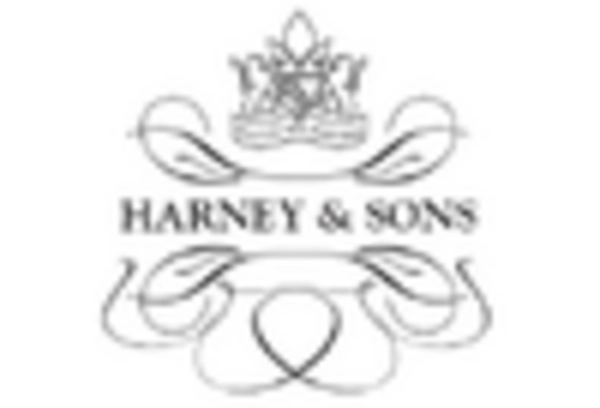
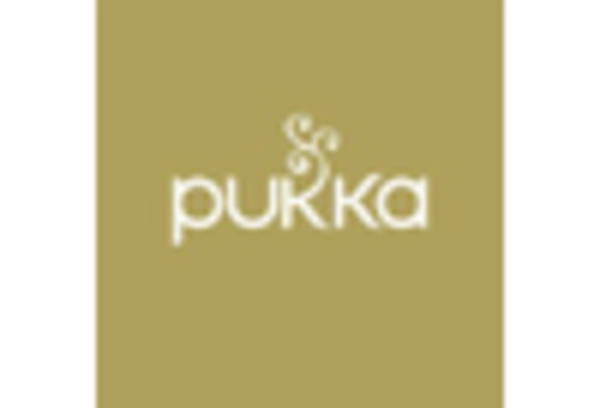
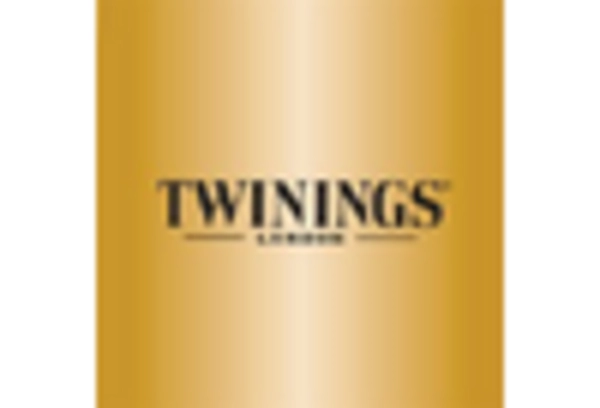
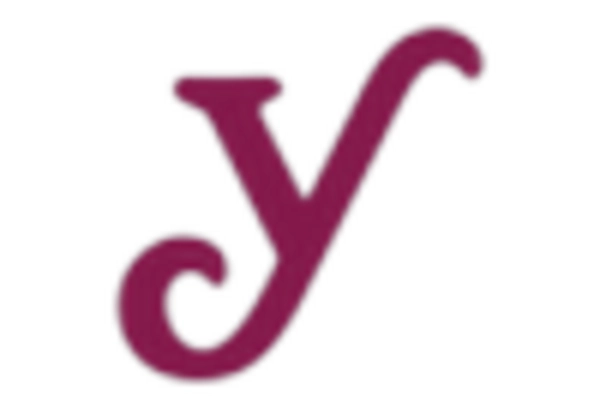








Leave a Comment